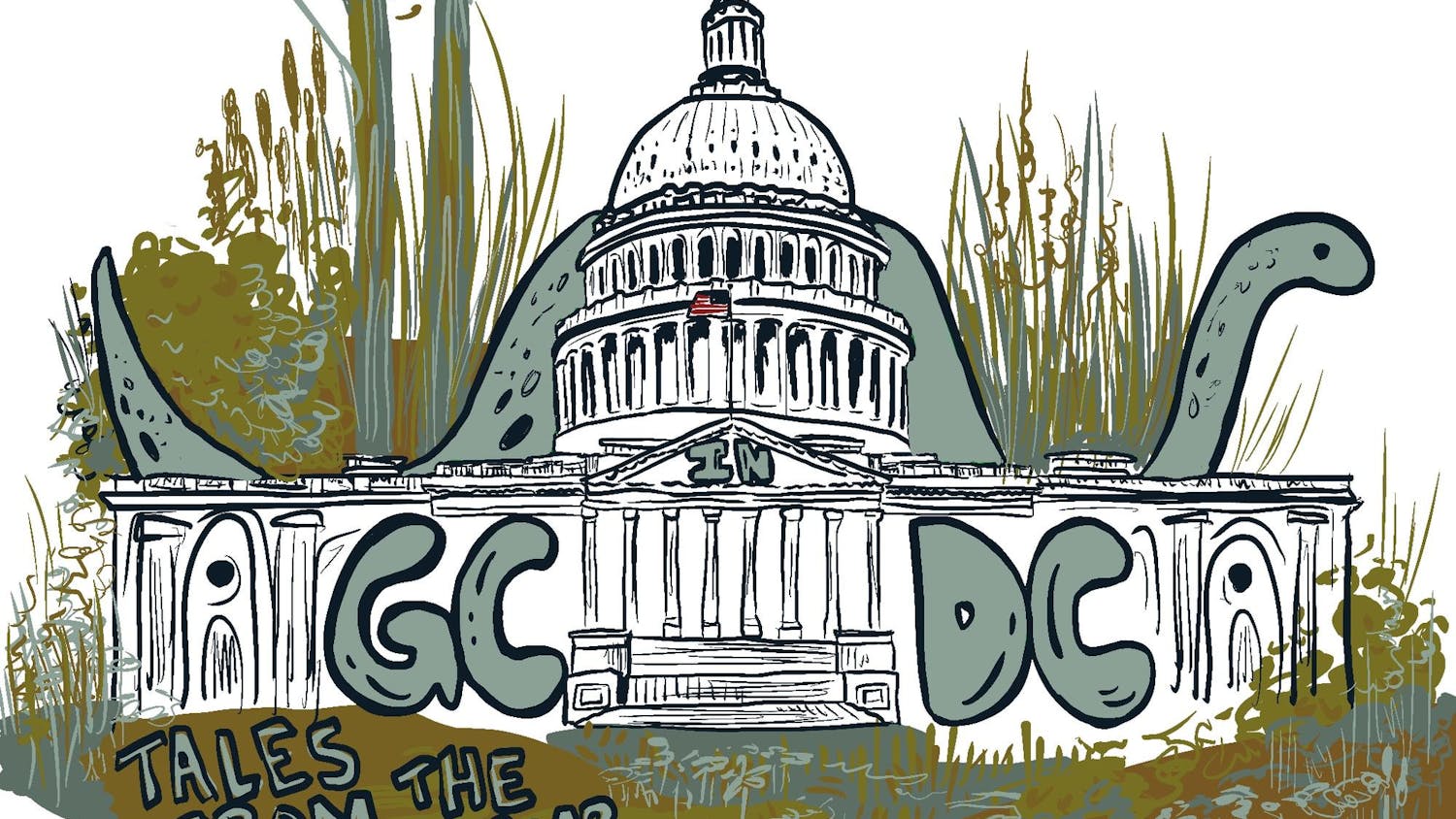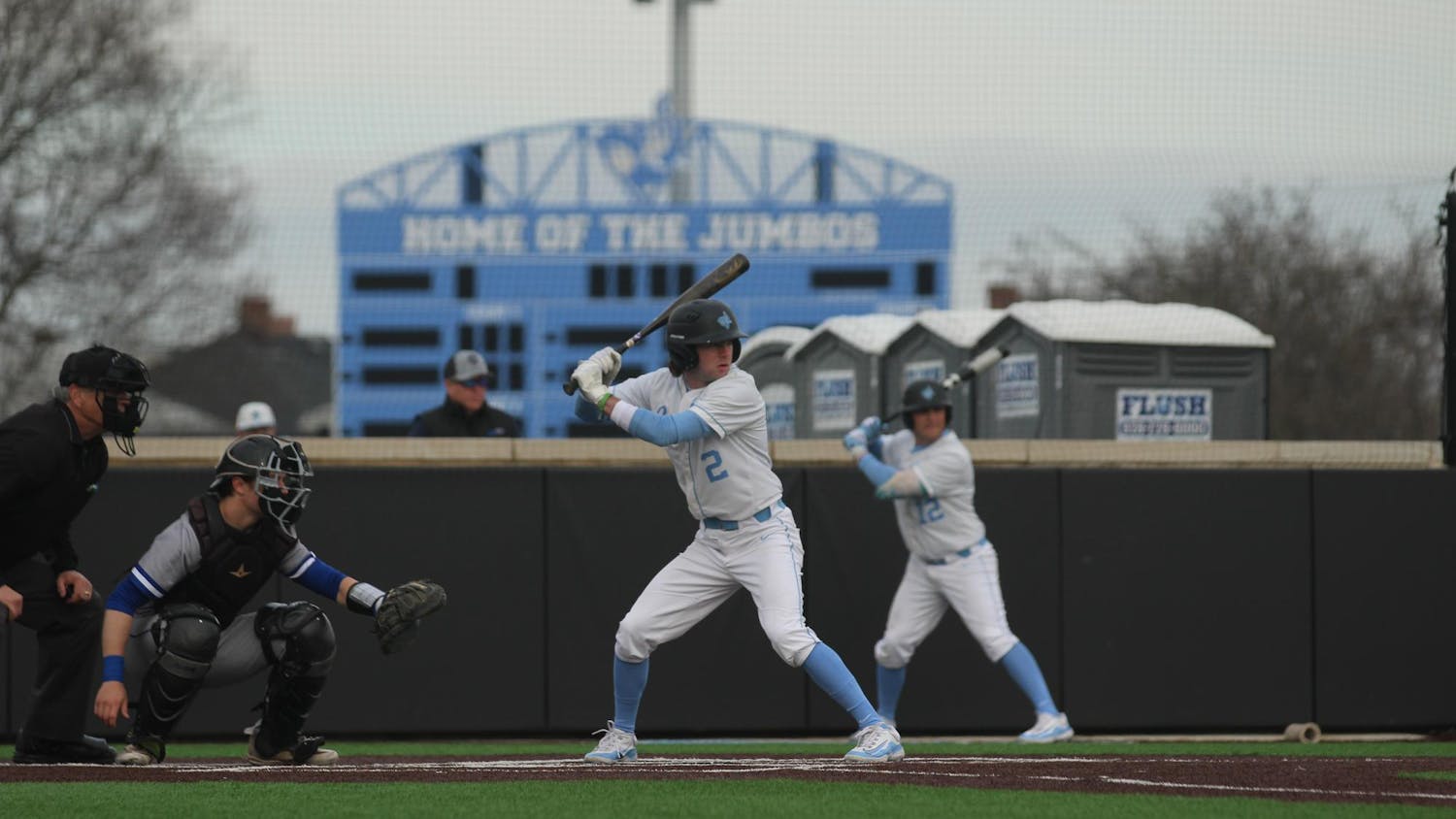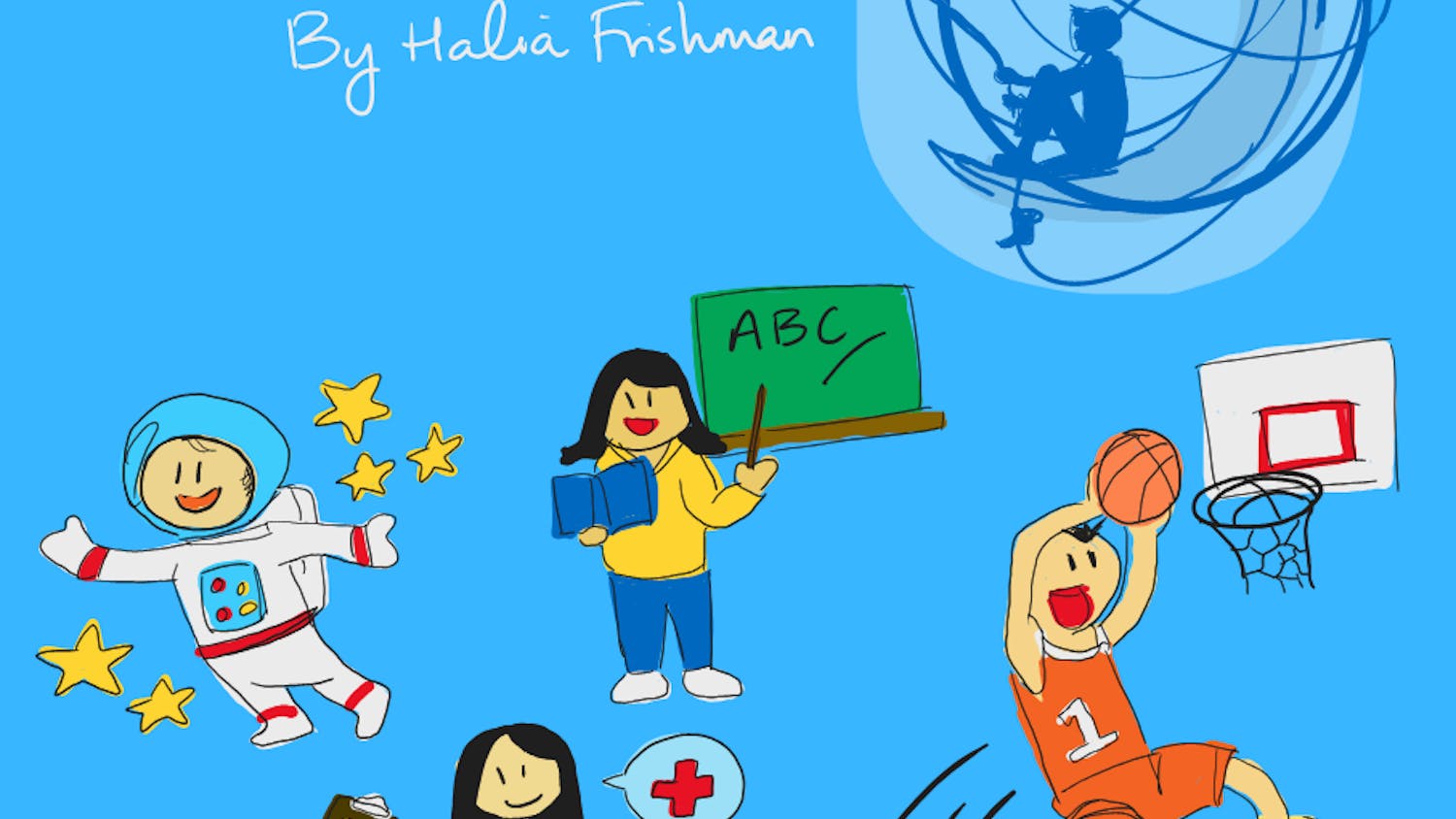He probably saw it coming. It had happened last year, too. But not to him. In an away match to Cagliari, Inter Milan’s Romelu Lukaku stepped up for a penalty at the death. The Belgian international paused. He lost focus of the ball, distracted by a noise all too familiar to black players in Europe: monkey chants.
Lukaku buried his penalty anyway and stared at the crowd, his face blank. Three white teammates jumped into his arms with euphoria — the last-gasp winner would catapult the Nerazzurri into first place. Lukaku crossed himself, looked up into the sky and jogged back to the halfway line.
Most likely, his teammates warned him. Last year, Ivorian-Italian Moise Kean suffered similar chants when he and Juventus visited the island of Sardinia, home of Cagliari. In the post-match press conference, Lukaku said that the game is “going backwards,” and on social media, he pressed soccer federations and social media platforms to punish discrimination with more vehemence. In his message he stated: “we’ve been saying it for years and still no action.”
What he didn’t expect? That the Inter ultras — chauvinists who dedicate their lives to the team he joined this summer — would release a statement on their Facebook page that included this:
“We are really sorry you thought that what happened in Cagliari was racist. You have to understand that Italy is not like many other North European countries where racism is a REAL problem.”
The statement explained that some fans have certain "ways" to "help our teams" and "to try to make our opponents nervous, not for racism but to mess them up. ...”
Cue the international outcry from BBC, CNN and Al Jazeera. The Italian response was a traditional shrug of “this is how things are, and will be.” Serie A's investigation into the incident found nothing. Instead, the league will roll out an initiative in October where one player from each team will join an “anti-racism team.” It is unclear how that will stop monkey chants in stadiums.
Cagliari released a statement too, providing an excellent example of Orwell’s double-think: “The Club underlines ... its intention to identify, isolate and ban those ignorant individuals ... [But] Cagliari firmly rejects the outrageous charge and silly stereotypes addressed to Cagliari supporters and the Sardinian people, which are absolutely unacceptable.”
Though Mario Balotelli said earlier this year that “racism is much worse in Italy,” players have suffered similar chants in Russia, France and England.
In December 2018, Raheem Sterling played in a match for Manchester City against Chelsea at Stamford Bridge. As he reached down for a ball out of bounds, Chelsea fans standing less than two yards away launched a screaming tirade of racial abuse towards him.
Six months later, Chelsea banned six fans — and one for life — from the stadium. The likelihood of Cagliari doing the same in February? Small. Advocates of black players in the past have argued that the best way to encourage better behavior in stadiums is for leagues to dock points from teams’ season totals.
But do football associations care enough about the welfare of their black players to do so?
More from The Tufts Daily





